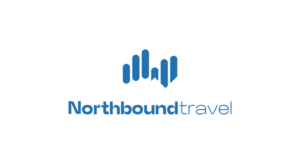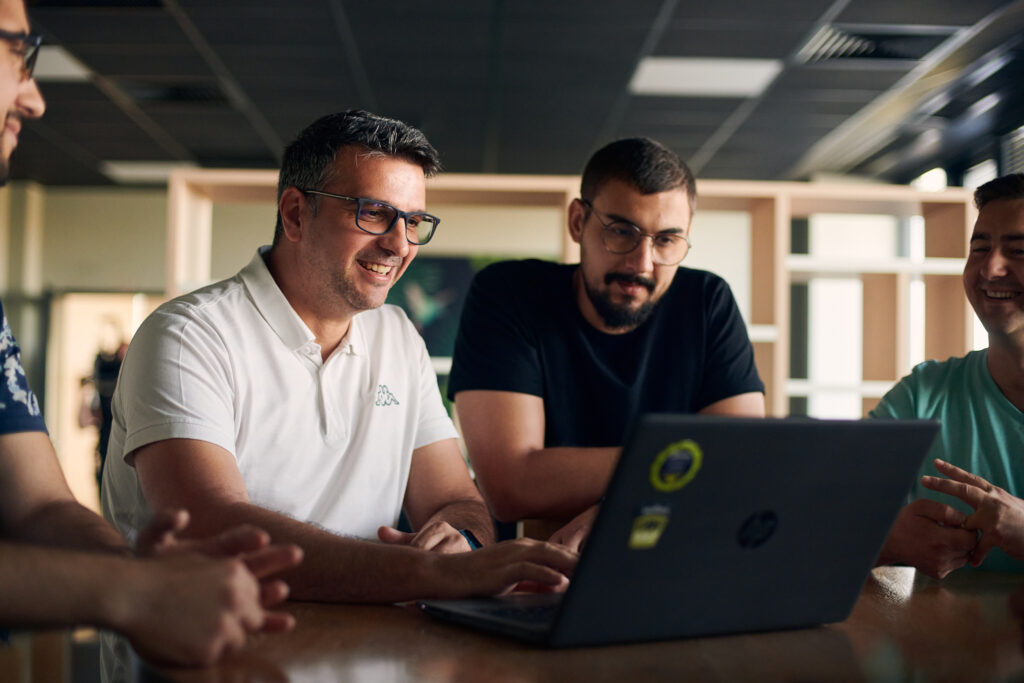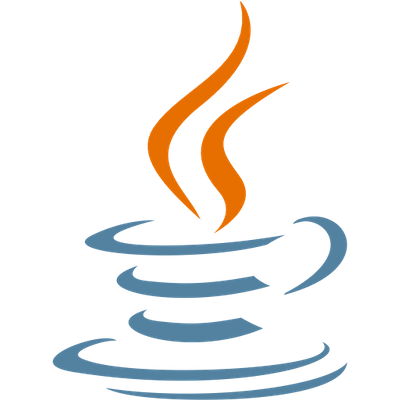Stena Line Travel Group is part of the parent company Stena AB, founded in 1939 and still Sweden’s largest family-owned business. With over 22,000 employees worldwide, Stena AB is also active in offshore, real estate, and financial services. The company generated approximately €8.5 billion in revenue in 2023. Northbound Travel is the umbrella brand for (currently) four travel brands focused on Scandinavian destinations. Northbound Travel employs over 100 people.
Northbound Travel modernises IT landscape for sustainable growth and acquisitions
- Future-proof architecture for fast brand and market integration
- Scalable platform with real-time availability for complex travel products
- Trusted IT partner with over 25 years of domain expertise and direct collaboration





